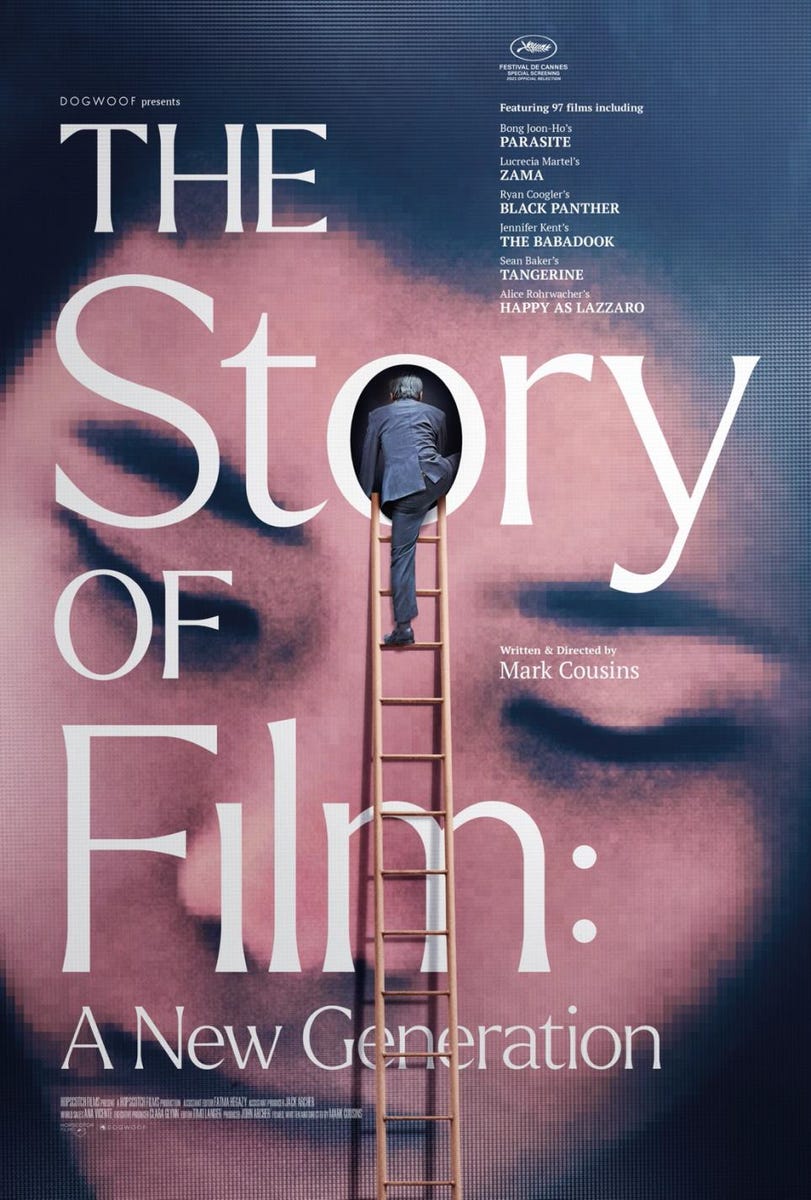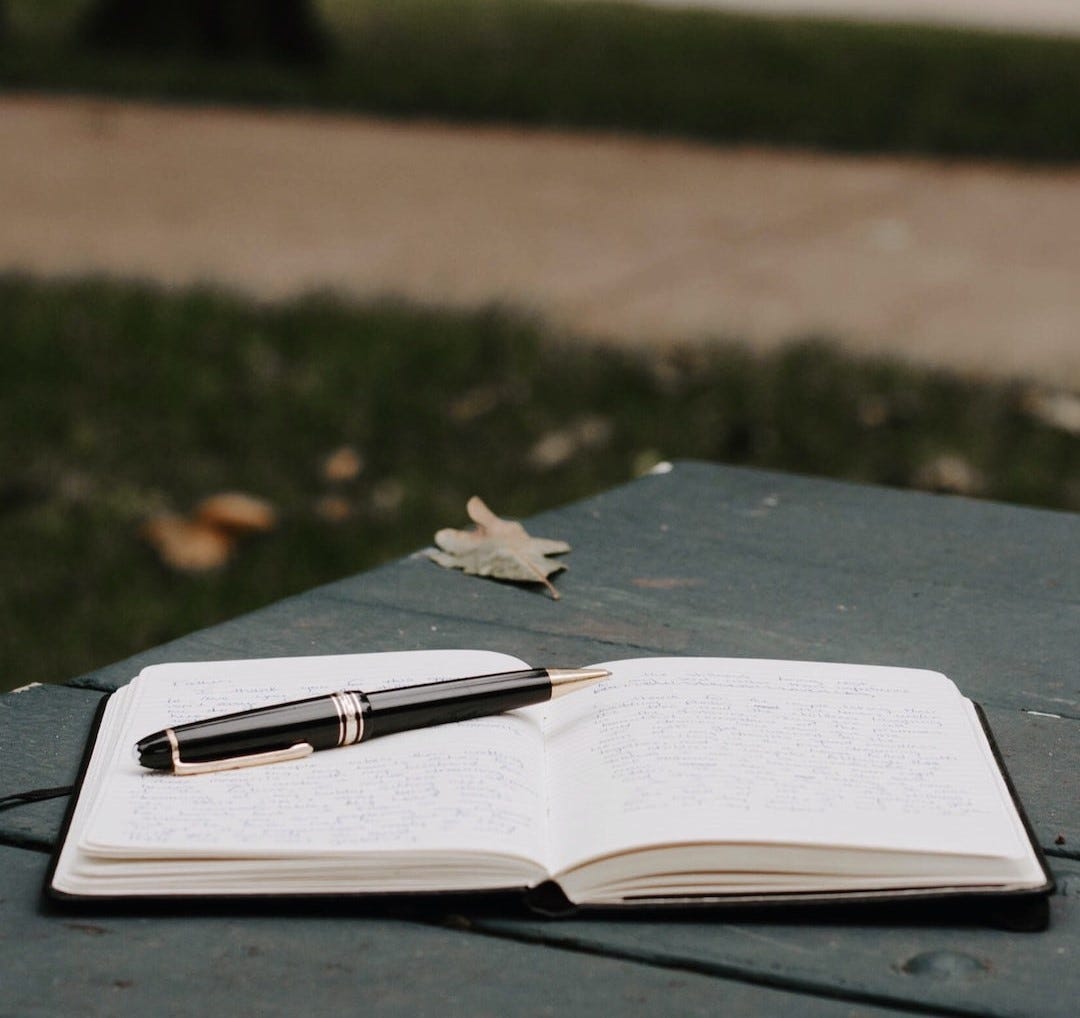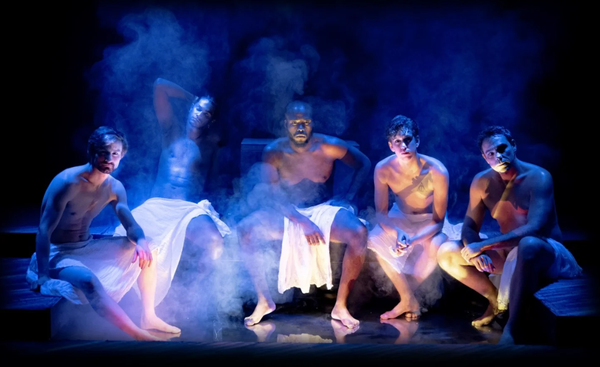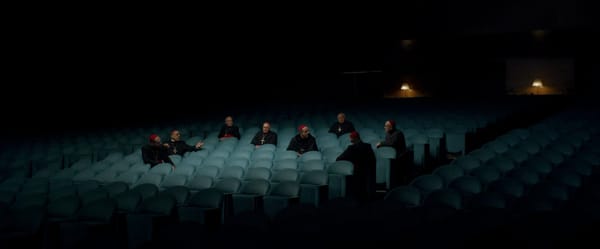Taking ideas for a walk
Uncertainty isn't a bad thing

“I don’t know what to write” has been my mindset for the past two weeks.
I woke up today having decided I wasn’t going to post anything this week. But I know if I neglect writing for one week, I’ll fall off the wagon entirely until the end of time.
Then I remembered a tweet I read a while back that said if you don’t know what to write about, write about not knowing what to write about.
So here we are. I have no idea where this is going. A stream of consciousness, if you will.

This morning I watched a documentary on Netflix called The Story of Film: A New Generation. Now please don’t get the wrong idea. I am by no means a documentary watcher. Alongside horror, it’s the genre I’m least drawn to. So when I voluntarily put on a documentary, it’s a pretty big deal.
Anyway, I watched this documentary made by the filmmaker Mark Cousins. He traced the evolution of 21st-century cinema and how it extends while also revolutionising the art of moviemaking. At one point, he moves onto the topic of observational documentaries, which he describes as essay films.
He says: “Essay films are thinking films. They take ideas for a walk.”
This struck me and brought to mind a conversation from another context.
In a discussion between the scholars Achille Mbembe and Ato Quayson, they talk about how the Information Era has abolished the need for slow thinking in favour of efficiency. The uncertainty of not knowing has become a sort of villain in our technological society where we can get answers with a few taps on a screen.
But Quayson argues that knowledge doesn’t come from speed.
Knowledge instead comes from slowing down, from grappling with uncertainty instead of running away from it. He says that uncertainty is productive because it is uncertainty that’s the beginning of wisdom.
For me, the idea of “slow thinking” and “taking ideas for a walk” speak to the same sentiment.
I know I can’t be the only one whose mind feels like it’s in a constant state of information paralysis. We’ve become so accustomed to jumping from one piece of information to the next. We have so many tabs open in our browsers that we lose sight of what we’re supposed to be researching in the first place. And our social media feeds take us from comedic one-liners to raging political discourses in a matter of milliseconds.
So maybe it’s time to start taking our ideas for a walk, or even a leisurely stroll, instead of a hundred-metre sprint.
Having a pocket notebook on hand is something I’ve been practising this year to slow down my mind’s skedaddling. Stopping to get your pen and flip to an empty page tells your brain to hold onto an idea for a moment longer. Better yet, it forces your brain to turn the idea into something tangible: words, a sentence, a little drawing. You’re taking that idea for a walk rather than taking a quick photo or digital memo that’s doomed to the overpopulated cloud where all of your virtual notes go to die.

To circle back to the documentary I began with, it’s also worth mentioning slow cinema:
A type of cinema characterised by minimalism, austerity, and extended duration; downplaying drama, event, and action in favour of mood; and endowing the activity of viewing with a meditative or contemplative quality. — Oxford Reference
In the documentary, Mark Cousins speculates that slow movies have become a genre to “try to calm the heartbeat of the 21st century, its mania, its pinballing”. I’m yet to acquire a taste for slow cinema but I like this view that slowing down is, in a sense, rebelling against the ceaseless chaos and noise of the 21st century.
If you’ve found value, joy, or comfort in The Kulturalist, consider clicking the button below to support my work. Your generosity keeps the words flowing. Thank you for being here!





